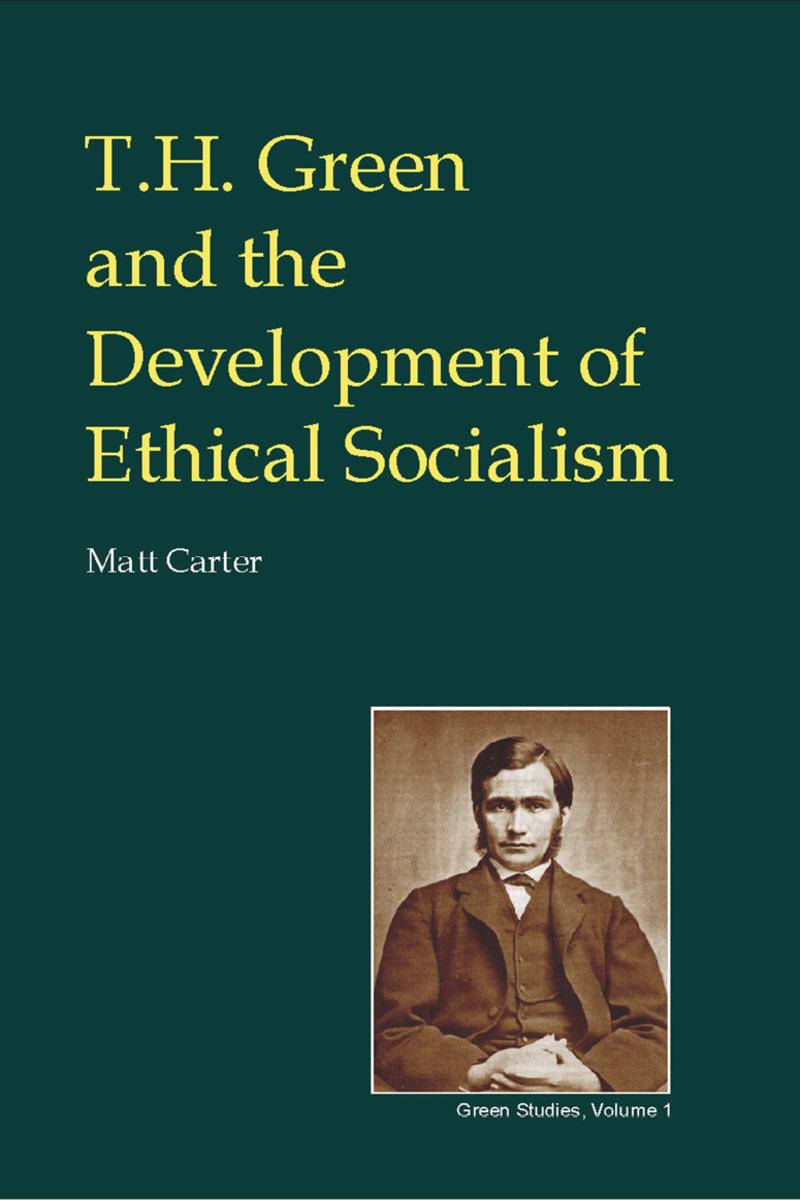
T.H. Green and the Development of Ethical Socialism
¥220.63
This book uncovers the philosophical foundations of a tradition of ethical socialism best represented in the work of R.H. Tawney, tracing its roots back to the work of T.H. Green. Green and his colleagues developed a philosophy that rejected the atomistic individualism and empiricist assumptions that underpinned classical liberalism and helped to found a new political ideology based around four notions: the common good; a positive view of freedom; equality of opportunity; and an expanded role for the state. The book shows how Tawney adopted the key features of the idealists' philosophical settlement and used them to help shape his own notions of true freedom and equality, thereby establishing a tradition of thought which remains relevant in British politics today.
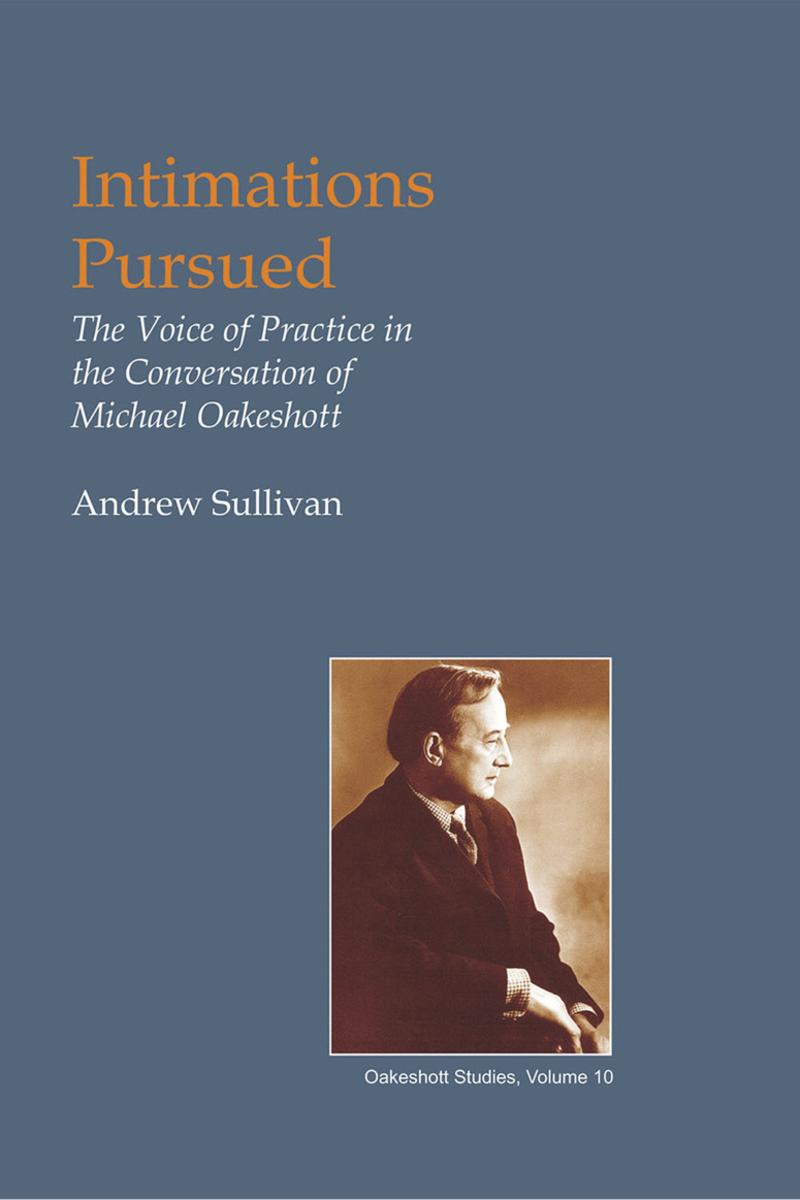
Intimations Pursued
¥220.63
In this book Andrew Sullivan examines Oakeshott's transition from his original emphasis on philosophy as providing what was ultimately satisfactory in experience to his later emphasis on practical life. This satisfaction is best achieved by a fusion of the modes of poetry and practice, leading the author to examine Oakeshott's view of religious life as the consummation of practice in its most poetic incarnation. The book also examines how the conception of practice is applied in Oakeshott's political writings, focusing on the notion of civil association.

Transformational Corporate Leadership
¥220.63
The future of any or any organization is so much dependent upon the quality of its leadership. In today's complex and dynamic world. Share holders and stakeholders in any organization are looking for leaders who will transform organizations for the common good. This book shares the essence of what it takes to transform any organization successfully and provides examples of transformation in organizations from Kenya. The authors have focused on the various areas that the leadership of an organization should focus on to achieve a balanced transformation of the organization. The authors also place an emphasis on the sound foundation of Strategic Leadership, which should be characterized by both visionary and ethical practices.
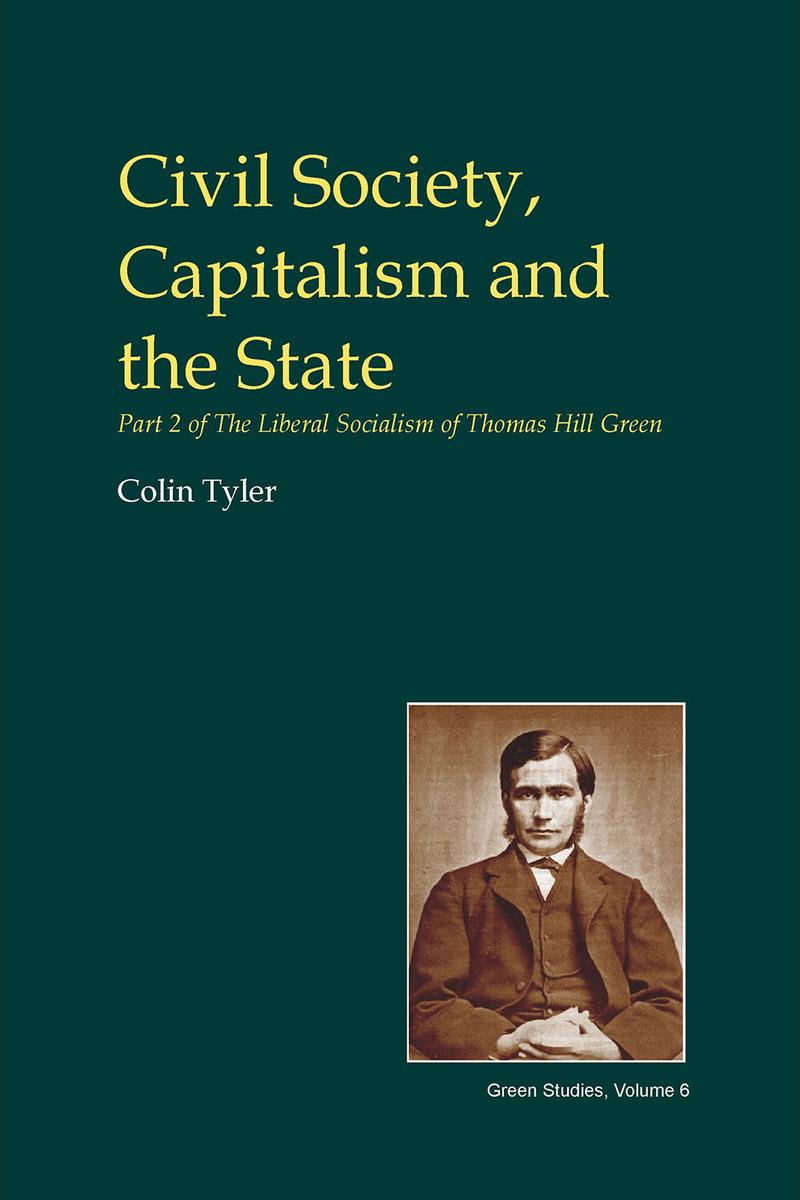
Civil Society, Capitalism and the State
¥220.63
Civil Society, Capitalism and the State presents a critical reconstruction of the social and political facets of Thomas Hill Green's liberal socialism. It explores the complex relationships Green sees between human nature, personal freedom, the common good, rights and the state. It explores Green's analysis of free exchange, his critique of capitalism and his defence of trade union activity and the cooperative movement. It establishes that Green gives only grudging support to welfarism, which he saw as a conservative mechanism in effect if not conscious design. It is shown that he believes state provision of welfare to be justified only to the extent that peasants and the proletariat lack a culture and institutions which enable them to assert themselves against abusive landlords and capitalists. Ultimately, it is shown that Green's guiding ideal is the creation of a eudaimonically-enriching kingdom of ends, which favours the creation of a dynamic and free society driven by mass participation through decentralised social and political institutions. This book builds on Colin Tyler's The Metaphysics of Self-realisation and Freedom (2010), although it can also be read as a freestanding work.
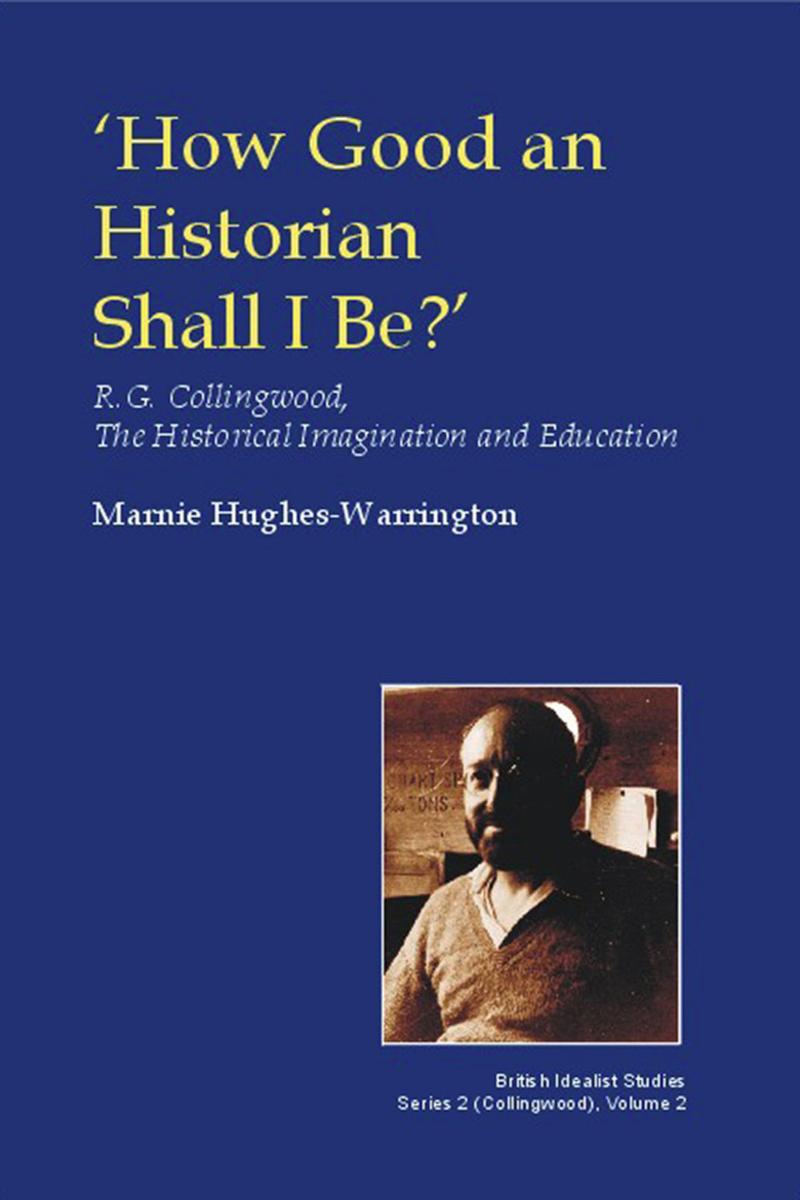
How Good an Historian Shall I Be?
¥220.63
R.G. Collingwood's name is familiar to historians and history educators around the world. Few, however, have charted the depths of his reflections on what it means to be educated in history. In this book Marnie Hughes-Warrington begins with the facet of Collingwood's work best known to teachers-re-enactment-and locates it in historically-informed discussions on empathy, imagination and history education. Revealed are dynamic concepts of the a priori imagination and education that tend towards reflection on the presuppositions that shape our own and others' forms of life.

Legendary Past
¥220.63
The book explores Oakeshott's thought on the key role human imagination plays in relation to the political. It addresses four main themes: imagination, foundational narratives, the question of political societies' identities as well as that of human living-together, to use Hannah Arendt's expression. The book's main objective is to show that Oakeshott may be rightfully understood to be a philosopher of the imagination as well as a foundationalist thinker in the Arendtian narrative constructivist tradition.
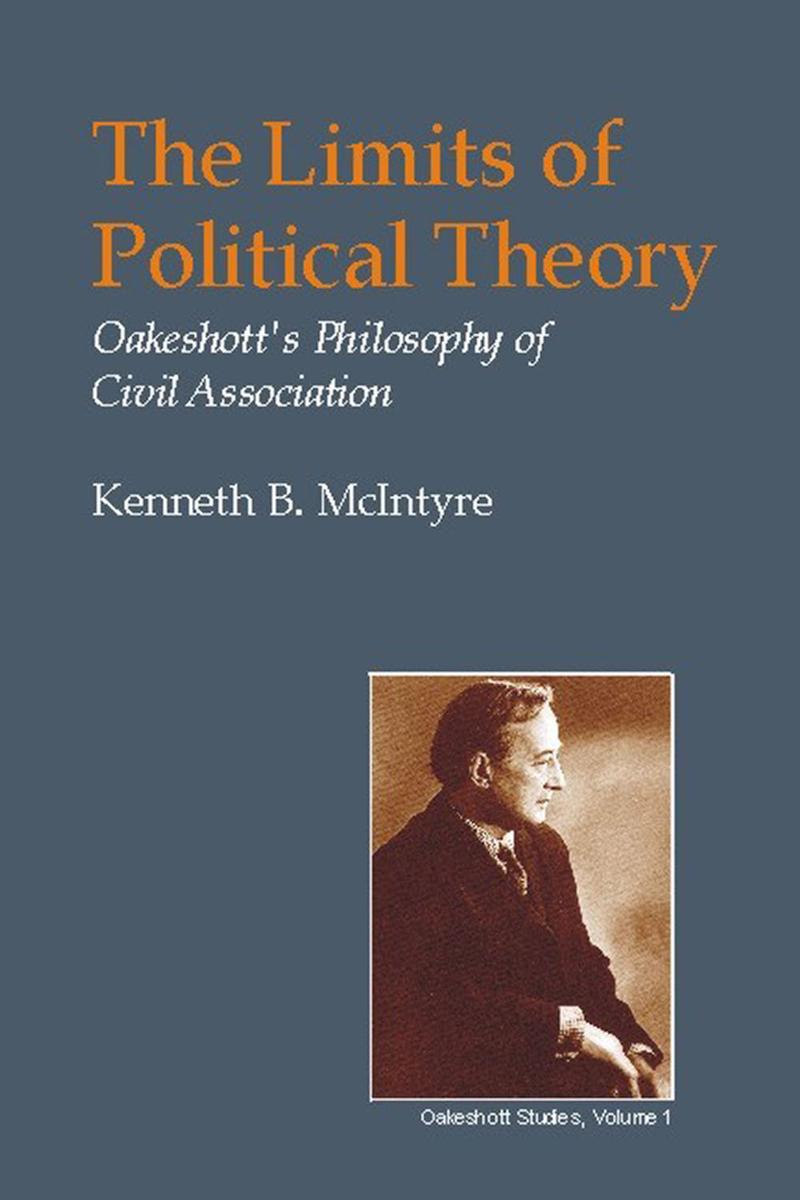
Limits of Political Theory
¥220.63
This book examines Oakeshott's political philosophy within the context of his more general conception of philosophical understanding. The book stresses the underlying continuity of his major writings on the subject and takes seriously the implications of understanding the world in terms of modality. The book suggests strongly that Oakeshott's philosophy of political activity cannot be reduced to a branch of conservatism, liberalism, or postmodernism or a theory or set of doctrines which fit neatly into any conventional school, like that of Idealism or Skepticism. Rather, Oakeshott's philosophy of political activity is a provocation to all of the currently dominant schools of political theory and political practice. It questions their presuppositions and exposes as ambiguous, arbitrary, or confused all of the supposed certainties which they take for granted. It does all this by offering profound insights into the character and limits of both political activity and political theory in the modern world.
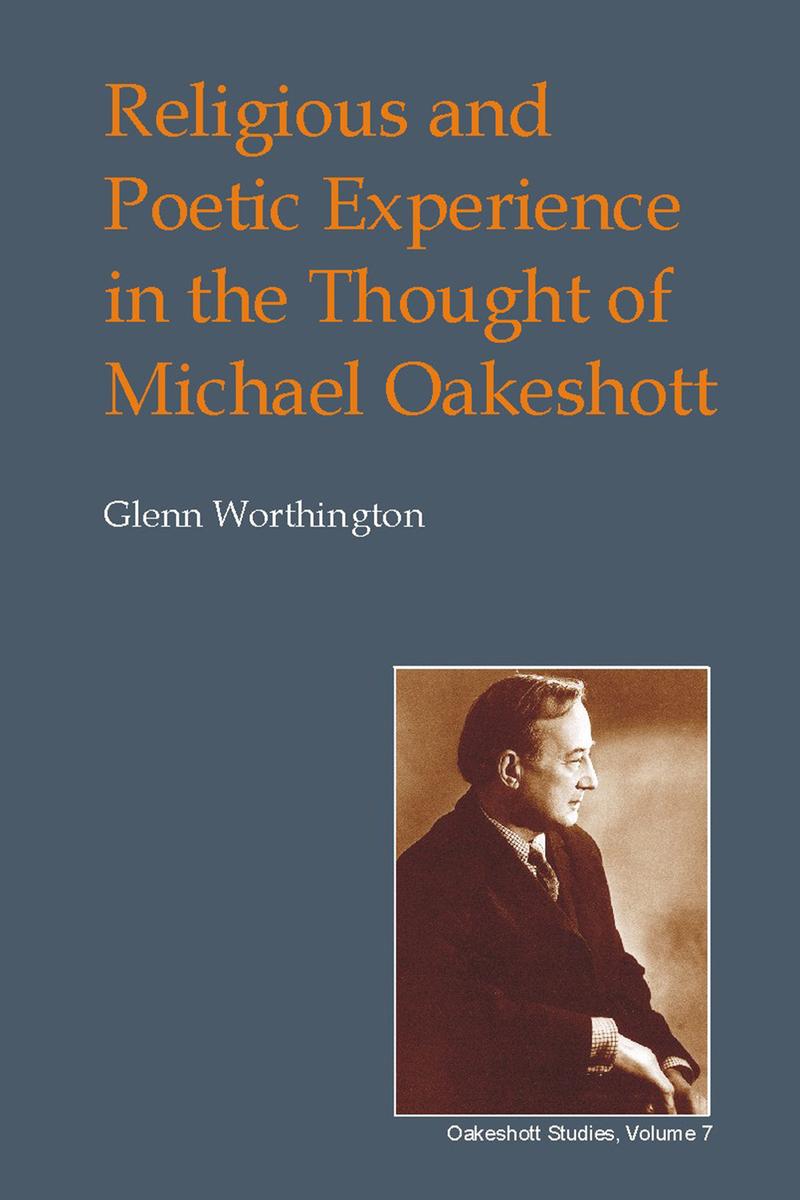
Religious and Poetic Experience in the Thought of Michael Oakeshott
¥220.63
Much of the scholarly attention attracted by Michael Oakeshott's writings has focused upon his philosophical characterisation of the relations that constitute moral association in the modern world. A less noticed, but equally significant, aspect of Oakeshott's moral philosophy is his account of the type of person (or persona) required to enter into and enjoy moral association. Oakeshott's best known characterisation of the persona best suited to moral association occurs in his identification of a 'morality of the individual'. The book argues that Oakeshott's characterisations of religious and poetic experience provide a more detailed account of the type of persona that emerged in response to what it perceived as an invitation to participate in moral association in the modern world.
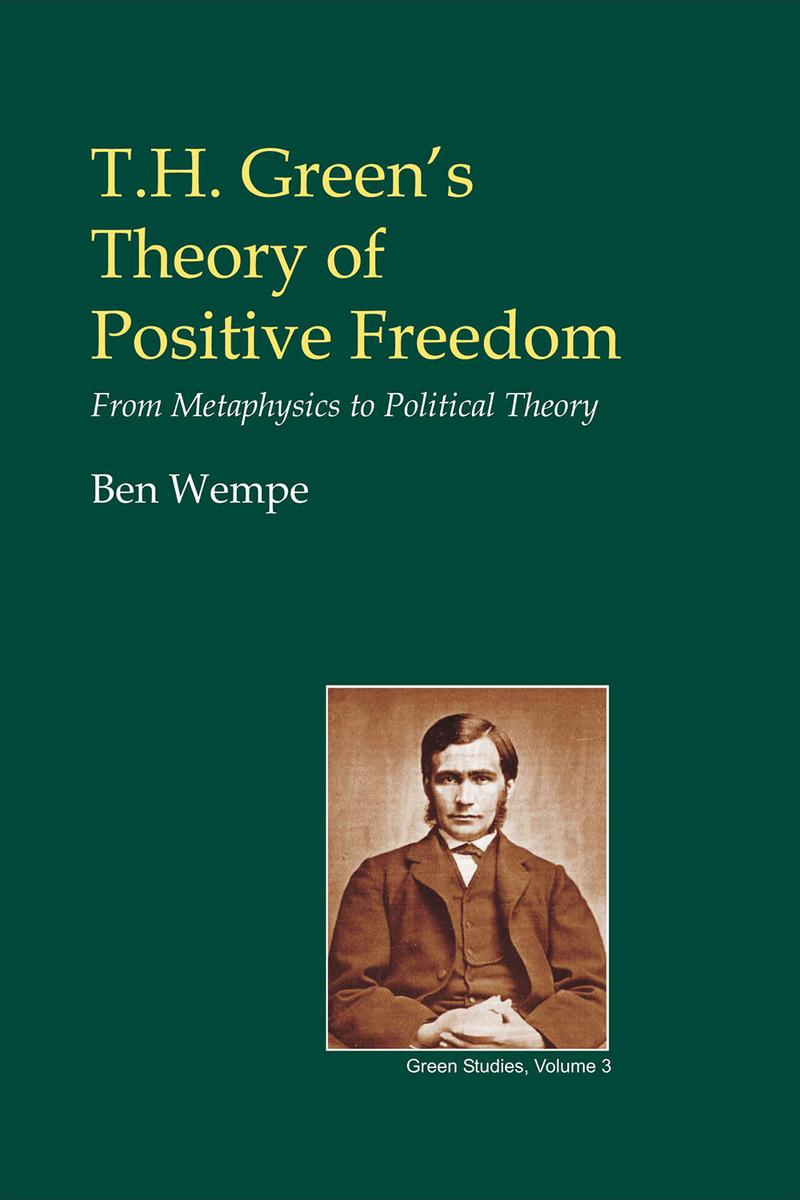
T.H. Green's Theory of Positive Freedom
¥220.63
In this new and entirely revised edition of his study of Green's theory of positive freedom, Ben Wempe argues that the far-reaching and beneficial influence of Green's political doctrine, on public policy as well as in the field of political theory, was founded on a misinterpretation of his philosophical stand, since the metaphysical basis on which Green argued for his political position was largely neglected. The book discusses Green's philosophical development and examines an important, hitherto underrated, influence that went into the formation of his philosophical opinions. It then considers Green's metaphysics and describes how some omissions from the concise version of his metaphysical doctrine, as it is found in his published works, may be remedied by reference to Green's unpublished material.

Mean Girls
¥219.25
Never mess with the Queen Bee! In high school, popularity can mean everything – especially when you don’t have it. This collection of four young adult novels tackles the ups and downs of climbing the slippery high school social ladder with sharp biting humour, powerful emotion and characters that every teenage girl will relate to! Featuring New Girl and Here Lies Bridget by Paige Harbison, Confessions of an Angry Girl by Louise Rozett and Speechless by Hannah Harrington

Jack Steel Adventure Series Books 1-3: Man of Honour, Rules of War, Brothers in
¥218.86
Charismatic hero Jack Steel’s perilous adventures are for the first time available in one place. Meet Lieutenant Jack Steel – gentleman, soldier, hero. Upper Bavaria, 1704. The British army, triumphant, fresh from victory, stands proudly to attention, ready to fight for honour and glory. Their enemy is Louis XIV of France, a megalomaniac intent on possessing all Europe. Among this proud group of men stands Lieutenant Jack Steel, admired by his men, the finest infantry in Queen Anne's army. Much praised for his courage, his strength, and his loyalty, Steel has come to the attention of his Commander in Chief, the Duke of Marlborough.

Kimberley Chambers 3-Book Collection: The Schemer, The Trap, Payback
¥218.86
Three thrilling novels from #1 Sunday Times bestselling author Kimberley Chambers The Schemer The Trap Payback THE SCHEMER It’s 1983 and Stephanie Crouch is desperate to escape the council house she shares with her overbearing family, but at fourteen years old she has nowhere to go. When Stephanie meets East End wide-boy Barry, his cockney charm and quick tongue soon have her head over heels in love. But too young to control their fate, Stephanie and Barry are torn apart, and Barry is heartbroken Stephanie falls for his best mate, still left in London… Ten years later, Barry returns to England, and within a month Stephanie's happy world is turned upside down. Is Barry to blame? Or should Stephanie look elsewhere to find the schemer who has ruined her life? THE TRAP The heir to Martina Cole’s crown with a story of murder, the underworld, violence and treachery. When it comes to family they look after business and make their mother proud. Nothing and no one can bring the Butler’s down. But Vinny seems to have crossed the wrong person and his cards are marked. And with the brothers joined at the hip, Roy may just be in the firing line too… Will the Butlers emerge stronger than ever, or is the East End code of honour as good as dead? PAYBACK The Butlers are back in this gripping, compulsive sequel to THE TRAP. The Butler brothers are the Kings of the East End, and their motto is ‘what goes around, comes around’. In their world, family counts; so when the truth about Vinny’s cousin’s death comes to light, it rocks the Butlers to the core. One by one, Vinny’s friends and family are turning against him… Then, the unimaginable happens – Vinny’s little daughter Molly goes missing. She’s the one chink of light in all their lives, and the one they’d commit murders to bring back. But is it already too late for that? Perfect for fans of Martina Cole.

The Andrew Gross Thriller
¥218.68
Get three?contemporary?thrillers from #1?New York Times?bestselling author Andrew Gross in one e-book, including:?The Blue Zone,?Eyes Wide Open, and?15 Seconds.The Blue Zone—The electrifying thriller about a young woman searching for her father who has gone missing from the Witness Protection Program.Eyes Wide Open—A man looks for the truth behind his nephew's suicide and finds something much more sinister.15 Seconds—15 Seconds can tear your life apart. This is a lightning-paced story of a desperate man on the run, trying to save his family from the faceless enemy that's determined to destroy them all.

The Lauren Oliver Collection
¥218.05
From Lauren Oliver, New York Times bestselling author of the Delirium trilogy, comes a collection of three outstanding standalone teen novels.Before I Fall: With this stunning debut novel, Lauren Oliver emerged as one of today's foremost authors of young adult fiction. After she dies in a car crash, Samantha relives the day of her death seven times, trying desperately to change the outcome, until she discovers that the way to save herself might be to save someone else. Named to numerous state reading lists, this novel was also recognized as a Best Book of the Year by The Daily Beast, NPR, and Publishers Weekly, among others.Panic: In this contemporary teen novel, a group of teens enters a high-stakes game with the hope of winning a chance at a better life. This is an extraordinary story of fear, friendship, courage, and hope that Kirkus Reviews says "will have readers up until the wee hours," E. Lockhart, author of We Were Liars, calls this novel "a thrill a minute."Vanishing Girls: Lauren Oliver's latest novel delivers a gripping story about two sisters inexorably altered by a terrible accident. Dara and Nick used to be inseparable, but that was before the accident that left Dara's beautiful face scarred and the two sisters totally estranged. When Dara vanishes on her birthday, Nick thinks Dara is just playing around. But another girl has vanished, too, and Nick becomes increasingly convinced that the two disappearances are linked.

Vicki Pettersson/Signs of the Zodiac Collection #2
¥215.73
Vicki Pettersson/Signs of the Zodiac Collection #2 by Vicki Pettersson has de*ive copy which is not yet available from the Publisher.
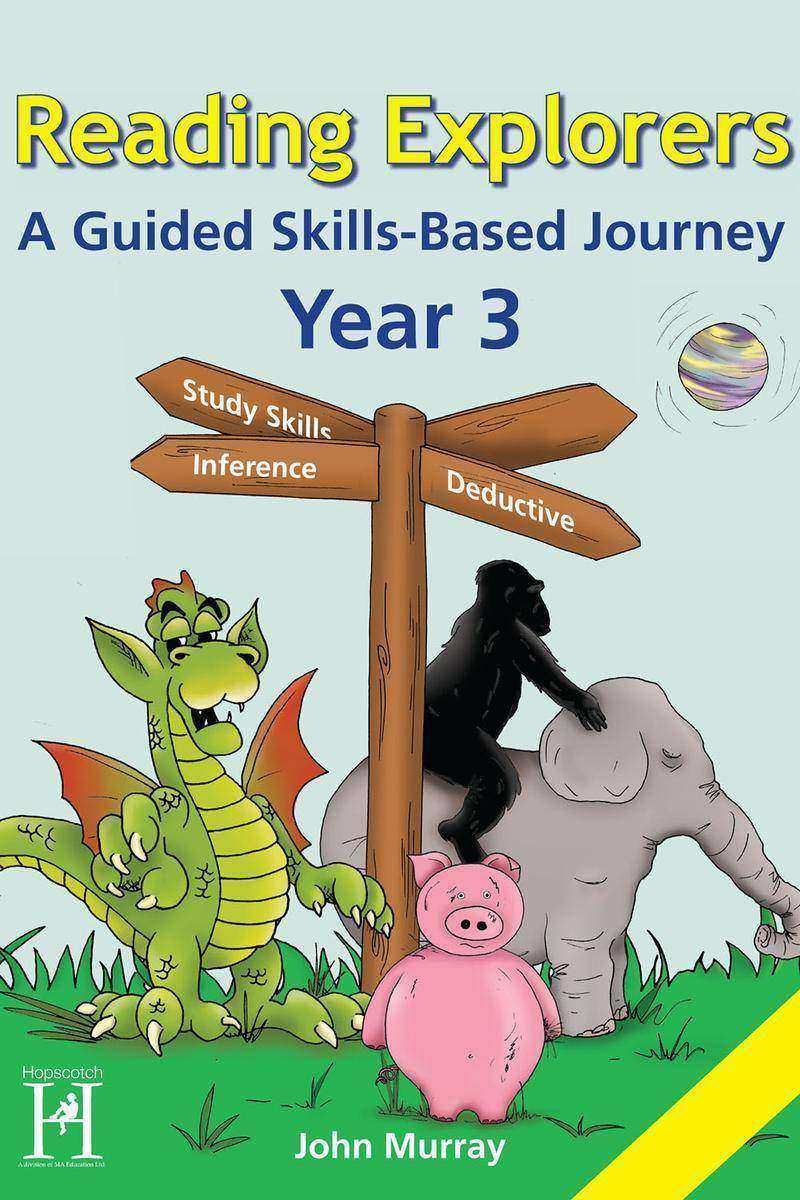
Reading Explorers Year 3
¥215.72
A Guided Skills-Based Journey is a series of books aimed at developing key reading and study skills. This brilliant new series provides teachers with a wide variety of genres, both fiction and non-fiction, which will allow children to access, interpret and understand what they are reading. It increases the child's knowledge and understanding of why certain words are chosen by an author. It gives the reader the chance to speculate on the tone and purpose of the texts, as well as consider both the texts' themes and audience.

The Legends of the Riftwar
¥215.70
Get all three fantasy novels in?New York Times?bestselling author Raymond E. Feist's?the Legends of the Riftwar series in one e-book, including:?Honored Enemy,?Murder in LaMut, and?Jimmy the Hand.?A part of the larger Riftwar Cycle of Raymond Feist, the exceptional Legends of the Riftwar series gives insight into events during key parts of the Riftwar.
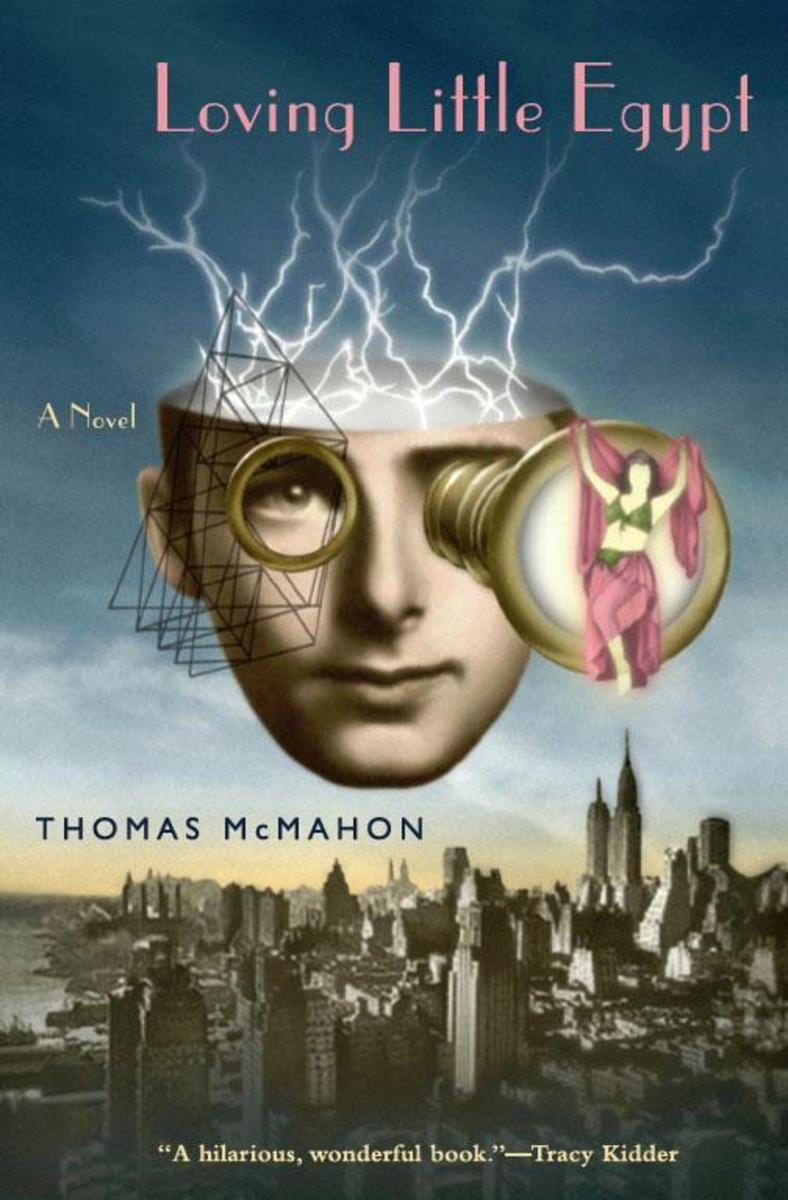
Loving Little Egypt
¥211.90
In the early 1920s, nearly blind physics prodigy Mourly Vold finds out how to tap into the nation's long distance telephone lines. With the help of Alexander Graham Bell, Vold tries to warn the phone companies that would-be saboteurs could do the same thing, but they ignore him. Unfortunately, his taps do catch the notice of William Randolph Hearst, who hires Thomas Edison to get to the bottom of them-and the chase is on!

Principles of American Nuclear Chemistry
¥211.90
What was life like for the scientists working at Los AlamosThomas McMahon imagines this life through the wide eyes of young Tim MacLaurin, the thirteen-year-old son of an MIT physicist who, inspired by a young woman named Maryann, worked on the project. Filled with the sensuous excitement of scientific discovery and the outrageous behavior of people pushed beyond their limits, Principles of American Nuclear Chemistry is a beautifully written coming-of-age story that explores the mysterious connections between love and work, inspiration and history.

John Donne, Body and Soul
¥211.90
This book began in the Houghton Library at Harvard, where I spent a year reading Donne in his earliest editions and manu*s.The bulk of the book was written while I was a fellow at the Wissenschaftskolleg in Berlin, where I enjoyed the tremendous generosity and intellectual vitality of this fine institution.I want to thank the excellent librarians at the Houghton and the superb staff of the Wissenchaftskolleg for providing me with the ideal contexts in which to think and write.The invitations to present my work at the University of Strathclyde in Glasgow, the University of Wisconsin in Madison, the Freie Universit?t and the Humboldt Universit?t in Berlin, the University of Munich, Florida State University, Columbia University, and Harvard University produced many rich exchanges that have enhanced these chapters, and I am grateful to the many people who made these visits possible.I also want to thank Brandeis University for giving me the time and support I needed to finish this book.I am greatly indebted to the many colleagues and friends who helped me bring this project to fruition.Annabel Patterson has been the most loyal and dedicated of mentors: she read the complete manu* with her characteristic rigor and intelligence, and spent hours with me poring over it page by page.Gordon Teskey read each chapter as soon as it was drafted, and pushed me repeatedly to grapple with both minute details and abstract ideas that I would not have come to myself.Michael Schoenfeldt reviewed the manu* in both its early and final formations, and gently but firmly pushed me towards many of my most important revisions.Richard Rambuss helped me initially to formulate the shape of the project when we organized an SAA seminar together on the Renaissance soul, and his unswerving support and advice in the ensuing years have been incredibly important to me.Arthur Marotti generously read several chapters on Donne’s poetry; Peter McCullough was an invaluable resource for my chapter on the sermons; and Jeffrey Knapp provided a strong, final reading of the finished manu*.My mother, Cheri Kamen Targoff, who was my first editor, remains one of my best.I am very grateful to her, and to my father, Michael Targoff, for their continued dedication and generosity.
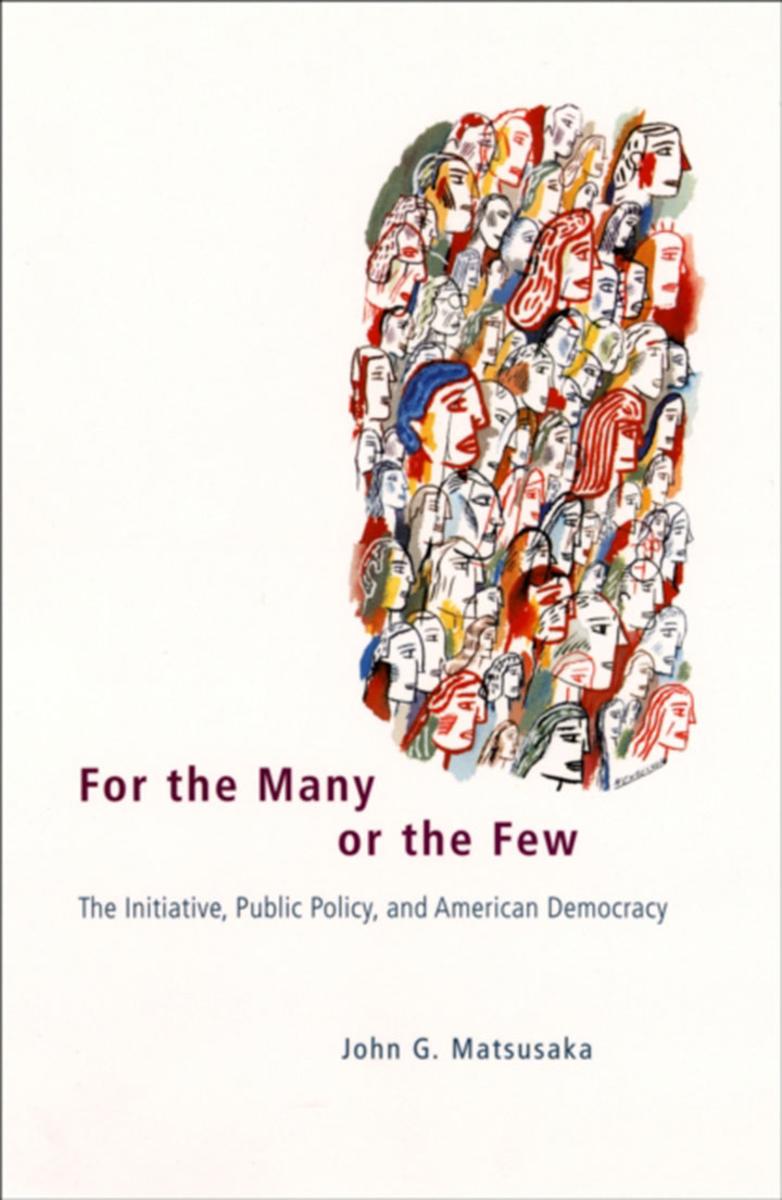
For the Many or the Few
¥211.90
I happen to have spent most of my life in states where citizens have the right to propose and pass laws withoutthe consent of their elected representatives. Most Americans are in the same boat; about 70 percent of us live in a city or state where this option—called the “initiative process”—is available. The polls say people like having this right, and most would even add it to the U.S. Constitution if they could. Yet there has always been an undercurrent of concern about the initiative process, especially about the role of money. Money can place a measure, virtually any measure it seems, on the ballot, and money provides access to the costly media where issues are debated.




 购物车
购物车 个人中心
个人中心



